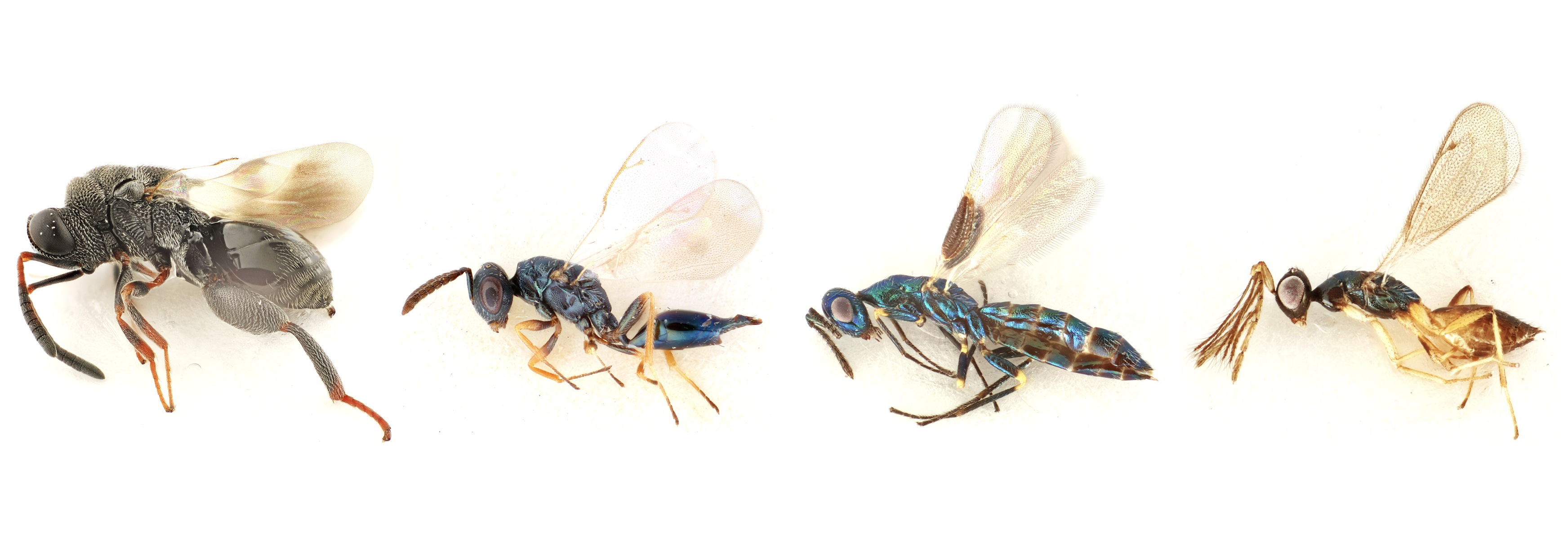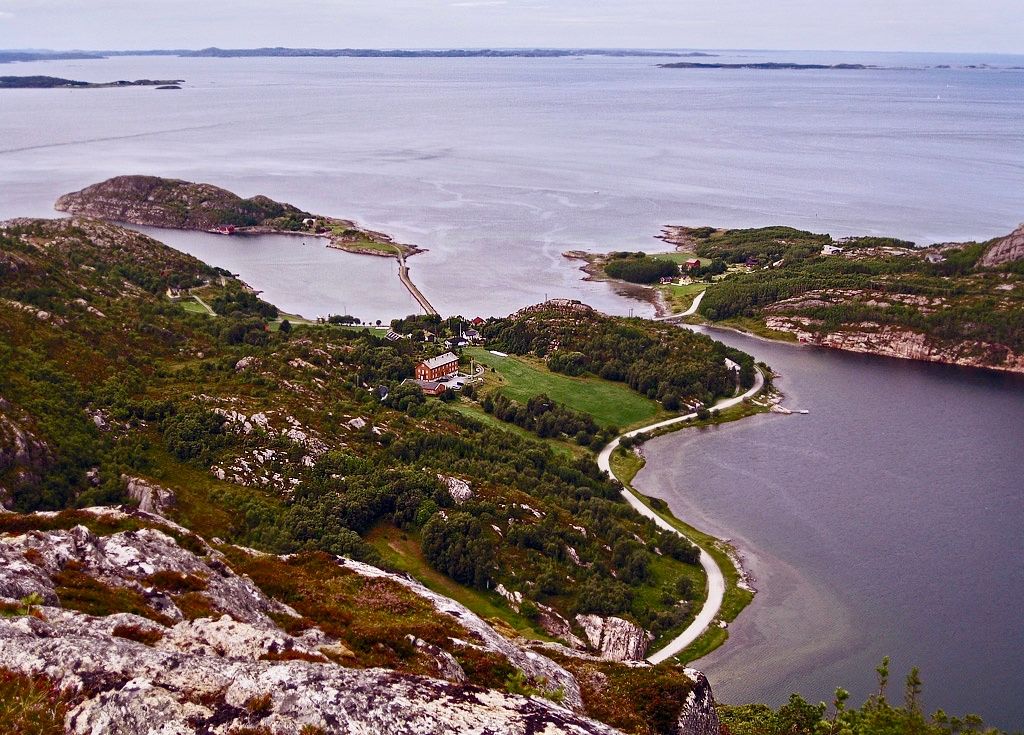BIG 4 Fall Workshop 2016
Phylogenetics, Phylogenomics, Citizen science and Entrepreneurship
Dates: Mon Oct 10 – Tue Oct 18, 2016
Venue: Tovetorp research station (http://www.zoologi.su.se/tovetorp/)
Description
The BIG4 fall workshop 2016 has two main themes. One theme is focused on phylogenetics, phylogenomics and bioinformatics, and is intended to provide students with an introduction to these topics, focused on skills that will be useful in their PhD research projects. There will be a mixture of lectures and practicals; students are encouraged to bring their own datasets and analysis problems. The other theme is citizen science and entrepreneurship, and this part of the course will provide broad introductions, exercises, and inspiration for students interested in pursuing these subjects as part of their current or future activities.
The workshop is primarily aimed at BIG 4 students but (except for the Friday morning session) is open to outside participants as well. We have room for up to 10 additional outside participants on a first come first served basis. Outside participants may choose to come for only part of the course, if they wish.
Course registration and fee
Register for the course no later than September 28 using the form at this web site: http://bit.ly/2c6i6v0. Outside student participation will be confirmed on September 29. If you cancel past that date, we may very well have to charge you the course fee anyway.
There will be a fee for course, accommodation and food. We expect the total cost to be approximately 2,000 SEK/day for students participating for part of the course, and approximately 15,000 SEK in total for those students taking the entire workshop. Students will receive an invoice after the course is finished.
Schedule Overview
Monday October 10
Fredrik Ronquist. Introduction to statistical inference. Bayesian phylogenetic inference and Markov chain Monte Carlo simulation.
Fredrik Ronquist. Stochastic models of evolution. Introduction to MrBayes. Exercises using MrBayes.
Tuesday October 11
Fredrik Ronquist. Divergence time estimation: node dating and total-evidence dating. Statistical biogeography. Model testing, model averaging and other special topics.
Fredrik Ronquist. Phylogenetic graphical models. Introduction to RevBayes. Exercises using MrBayes and RevBayes.
Wednesday October 12
Erik Gobbo. De novo genome sequencing: next generation sequencing and genome assembly.
Chris Wheat. Gene finding, genome annotation and phylogenomic inference.
Chris Wheat, Erik Gobbo. Genome assembly, gene finding, genome annotation and phylogenomics exercises. Questions, discussion.
Thursday October 13
Rodrigo Esparza-Salas. Introduction to metabarcoding.
Daniel Marquina. Metabarcoding: special topics.
Rodrigo Esparza-Salas, Daniel Marquina. Metabarcoding exercises.
Friday October 14
BIG 4 Midterm Review [Only BIG 4 participants].
BIG 4 Midterm Review [Only BIG 4 participants].
Saturday October 15
Johan Nylander. Handling bioinformatics data in a unix environment. Bioinformatics exercises. Bring your own data and questions!
Sunday October 16
Free day for social activities. Food will be served as usual.
Monday October 17
Inga von Sydow. Why you should become an entrepreneur.
Inga von Sydow, Lyubomir Penev, Eduardo Pareja, Karin Carlsson. Round table discussion on entrepreneurship in biosystematics, informatics and genetics.
Karin Karlsson (Savantic AB). Training session: Steps in the entrepreneurship process.
Tuesday October 18
Karoly Makonyi. A personal view on citizen science.
Karin Carlsson. Gamification and viral effects: a case study.
Jakob Jönsson. Citizen science in cosmology.
Devin Sullivan. [Title TBA].
Erik Thorelli. Bionote – A citizen science platform for logging and sharing species sightings
Miroslav Valan. A brief history of citizen science and its potential in the era of big data.
Miroslav Valan, Karoly Makonyi. Roundtable discussion on citizen



